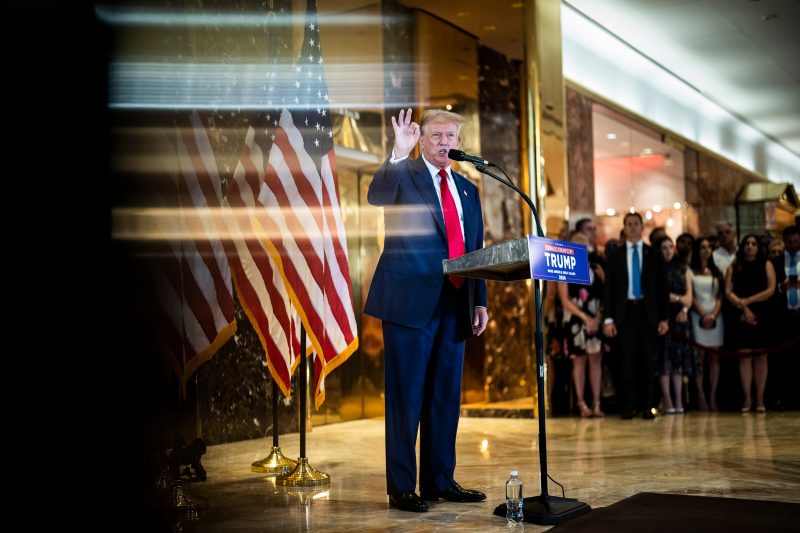The recent impeachment trial of former President Donald Trump has sparked vigorous debate and controversy across the political spectrum. Trump maintains that the trial was rigged, an assertion that reflects his broader view that many aspects of his presidency and career have been marred by unfair treatment and bias from his opponents.
One of the key arguments put forth by Trump and his supporters is that the impeachment trial was inherently biased against him. They point to various aspects of the proceedings, including the speed at which the trial was conducted and what they perceive as a lack of due process afforded to the former president. Trump’s legal team argued that the trial was unconstitutional since he was no longer in office, a position that ultimately failed to sway enough senators to acquit him.
Despite these claims of bias, the House managers presented a compelling case against Trump, arguing that his actions in inciting the Capitol insurrection were a clear violation of his oath of office. They emphasized the violence and chaos that unfolded on January 6, 2021, and the role that Trump’s rhetoric played in inflaming the situation. The managers presented a timeline of events leading up to and following the insurrection, painting a troubling picture of Trump’s culpability in the violent attack on the Capitol.
The contentious nature of the trial underscores the deep political divisions that continue to plague the United States. Trump’s steadfast refusal to accept the results of the trial as legitimate has further polarized an already fractured political landscape. His insistence that the trial was rigged reflects a broader narrative of victimhood that has long been a central theme of his political persona.
The aftermath of the trial has left many questions unanswered, particularly regarding the future of the Republican Party and Trump’s own political ambitions. While Trump remains a deeply polarizing figure, his continued influence within the GOP cannot be discounted. The party faces a critical juncture as it seeks to define its identity in the post-Trump era, with many Republicans grappling with how to navigate the competing forces of Trumpism and more traditional conservative principles.
In the end, the impeachment trial of Donald Trump was a dramatic and consequential chapter in American political history. The debates and divisions that it has exposed are likely to persist for years to come, shaping the trajectory of the country’s political landscape. Whether Trump’s allegations of a rigged trial hold merit or not, one thing is certain: the legacy of his presidency will continue to reverberate through American politics for years to come.

